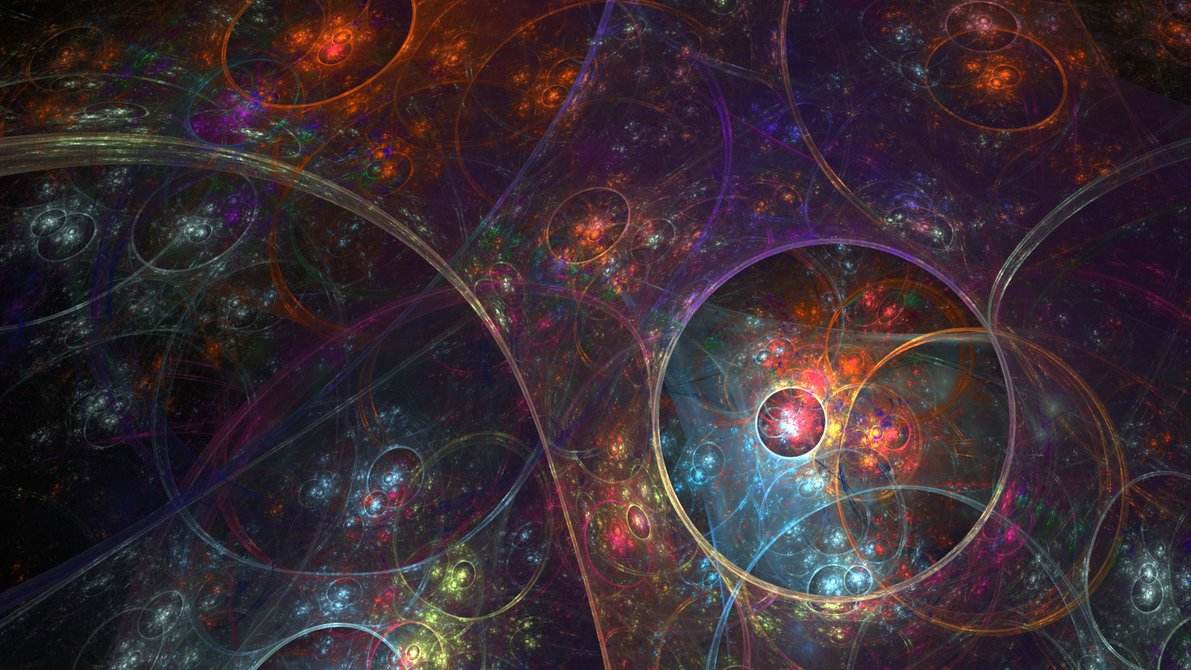Eight heavyweight guests at the Wanxiang Summit interpret the metaverse, which may be humanity's most thrilling adventure! | Highlights of Wanxiang Summit Perspectives
Author: Wang Jiajian
On October 27, the second day of the 7th Wanxiang Blockchain Global Summit commenced. The guest topics mainly revolved around digital transformation and the metaverse.
Especially in the metaverse segment, the guests' shares were extremely exciting. Although everyone was physically present at the venue, their thoughts might have experienced a long and thrilling journey.
For the metaverse, humanity today is not even like the apes that just climbed down from the trees on the African continent; at most, we have just learned to make tools. After numerous adventures, humanity will eventually migrate to the metaverse from all aspects, including economy, politics, society, and culture.
How do the guests view the currently booming metaverse? We have compiled some of the guests' wonderful speeches. If you couldn't be there in person, we hope you can feel the pulse of this era through the text.

For us, the metaverse represents a concept derived from science fiction novels and movies. The essence of this concept is that one day, humanity will be able to achieve various experiences in a digital parallel universe through virtual avatars, which represent personal identity in the digital world.
We believe that an open metaverse will have hundreds or thousands of virtual worlds, where users possess digital identities and digital assets. These digital identities and assets can be transferable and portable across various virtual worlds. Additionally, there will be various activities in the virtual world, including work and gaming, realized through ownership of NFTs and virtual avatars.
------Sebastien Borget, Chief Operating Officer and Co-founder of Sandbox
Before blockchain, it was possible to have different virtual worlds and digital worlds. However, the problem at that time was that if different virtual worlds wanted to interact and cooperate, they had to rely on an interactive third-party platform or connect directly with each other. Blockchain can record the ownership of digital assets in the digital world in one place, allowing these digital assets to circulate and be used freely across different virtual worlds, ultimately forming a large metaverse.
------Zhang Zhongnan, CEO and Co-founder of Alchemy NFT
Metaverse 1.0: A primitive code society where users connect with the code society, forming a new social network;
Metaverse 2.0: A developed virtual economy that can provide social survival solutions, with virtual economics flourishing;
Metaverse 3.0: Political life highly integrated into the code society, leading to dramatic changes in human society;
Metaverse 4.0: The initial establishment of a neural network, resulting in a qualitative change in human existence;
Metaverse 5.0: The era of new humanity.
We may need 10 years to transition from 1.0 to 2.0 and 30-50 years to achieve Metaverse 4.0.
------Chen Junhong, Founder and CEO of Yunchongzi Technology
NFTs have two aspects of value. On one hand, they carry monetized value in the form of tokens; on the other hand, there needs to be development in social, economic, and cultural fields to form a truly diverse value system. Both are essential.
I believe that in the digital world, technology alone is not enough to determine what is good and valuable; it requires human judgment. We hope to see new concepts, aesthetics, and values in this world that can transcend the fleeting nature of social attention, requiring the collective effort of all cultural content creators. I quote Mandela: Money cannot create success; the freedom to create money can.
------Wang Yuwei, Vice President of Wan Tong Investment Holdings Co., Ltd., Publisher of "Art Business," and Distinguished Researcher at Tsinghua University School of Social Sciences
The emergence of NFTs is closer to the emergence of galleries and auction houses for me; it is a new construction project for art that influences art production through the art market. It may make digital artworks that were previously difficult to sell in the traditional art market marketable, but it does not directly affect art production, unlike photography or video. Therefore, the concept of "crypto art" that is being hyped in the art world today is not valid; there is no such thing as crypto art, but rather all art can be placed within the logic of encryption.
------Qiu Zhijie, Dean and Professor of the School of Experimental Art at the Central Academy of Fine Arts
We can see new job opportunities arising from the concept of the metaverse. Employment in the tertiary industry will leap forward in a country without relying on the development of its primary and secondary industries, providing opportunities for workers in underdeveloped regions of basic industries. Compared to the Web 2.0 era, where internet giants controlled traffic entry, we now have distributed storage, accounting, and minimal consumption technologies. Although still in their infancy, I believe we are on the right path. Metaverse consumption will be the largest growth point in consumption over the next five years, and metaverse employment will be the best means to alleviate employment pressure in the next five years.
------Nova, Chair of the Ponlaii Administrator Meeting
Distributed architecture includes value settlement systems, content production systems, interoperability systems, and information infrastructure. The metaverse advocates for spontaneous order, the rise of individual autonomy, and programmability empowerment. The creator economy and influence economy are reshaping the interaction and benefit distribution between creators, KOLs, distribution platforms, and users, while the status of distribution platforms declines. Additionally, the self-organizing power of communities surpasses traditional corporate organizations. The endogenous, community-based investment and financing model transcends the internet's "burning money" model. Distributed commerce is a stakeholder economy.
------Zou Chuanwei, Chief Economist of Wanxiang Blockchain
Distributed commerce refers to digital-native (twin) commercial activities. The infrastructure supporting distributed commerce includes digital currency (Coin); digital assets (Token); digital certificates (NFT); Bitcoin Lightning Network; decentralized global storage systems; decentralized global computing power systems; decentralized global privacy computing systems; consensus algorithms and distributed accounting; decentralized business self-organization (DAO).
The appearance of the metaverse should be a network without owners, a permissionless network, a stakeholder network, a large-scale collaborative network, and a self-organizing network.
------Xiao Feng, Vice Chairman and Executive Director of Wanxiang Holdings, Chairman and General Manager of Wanxiang Blockchain










